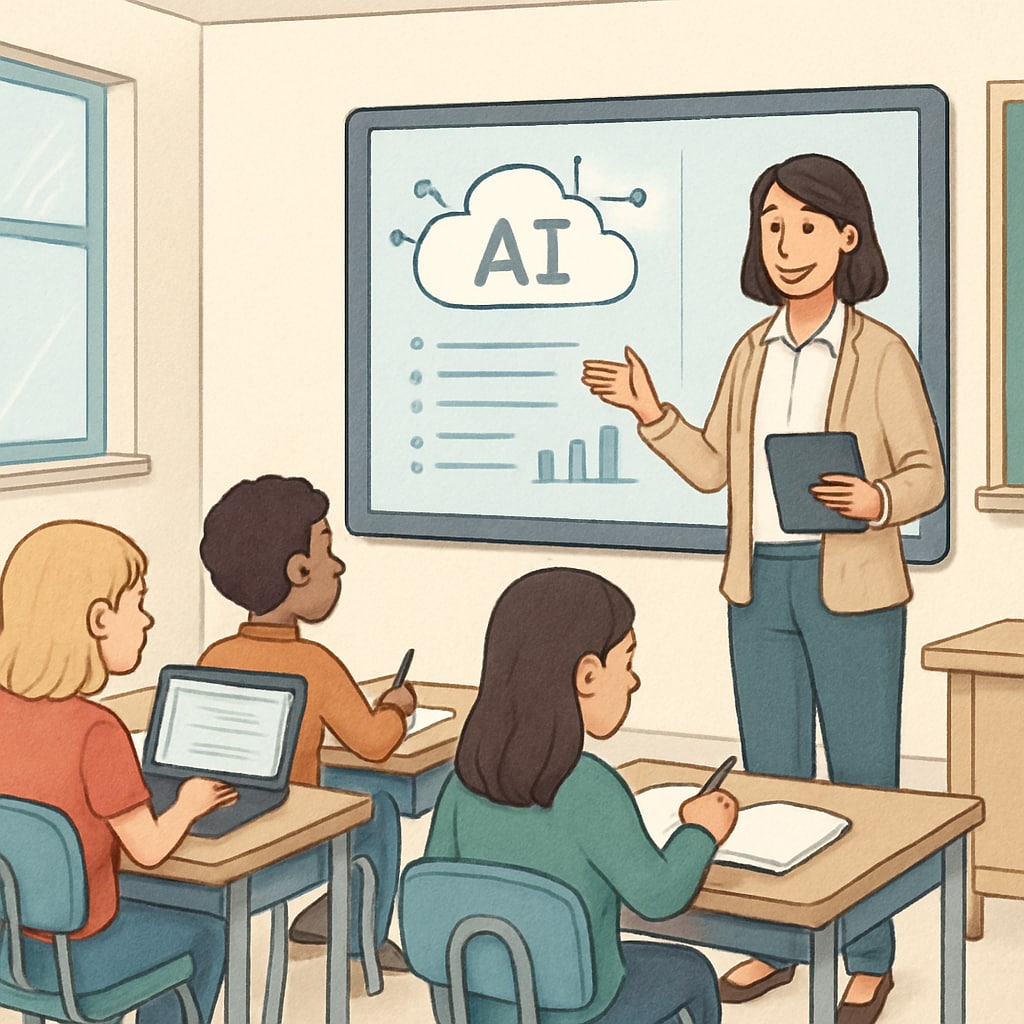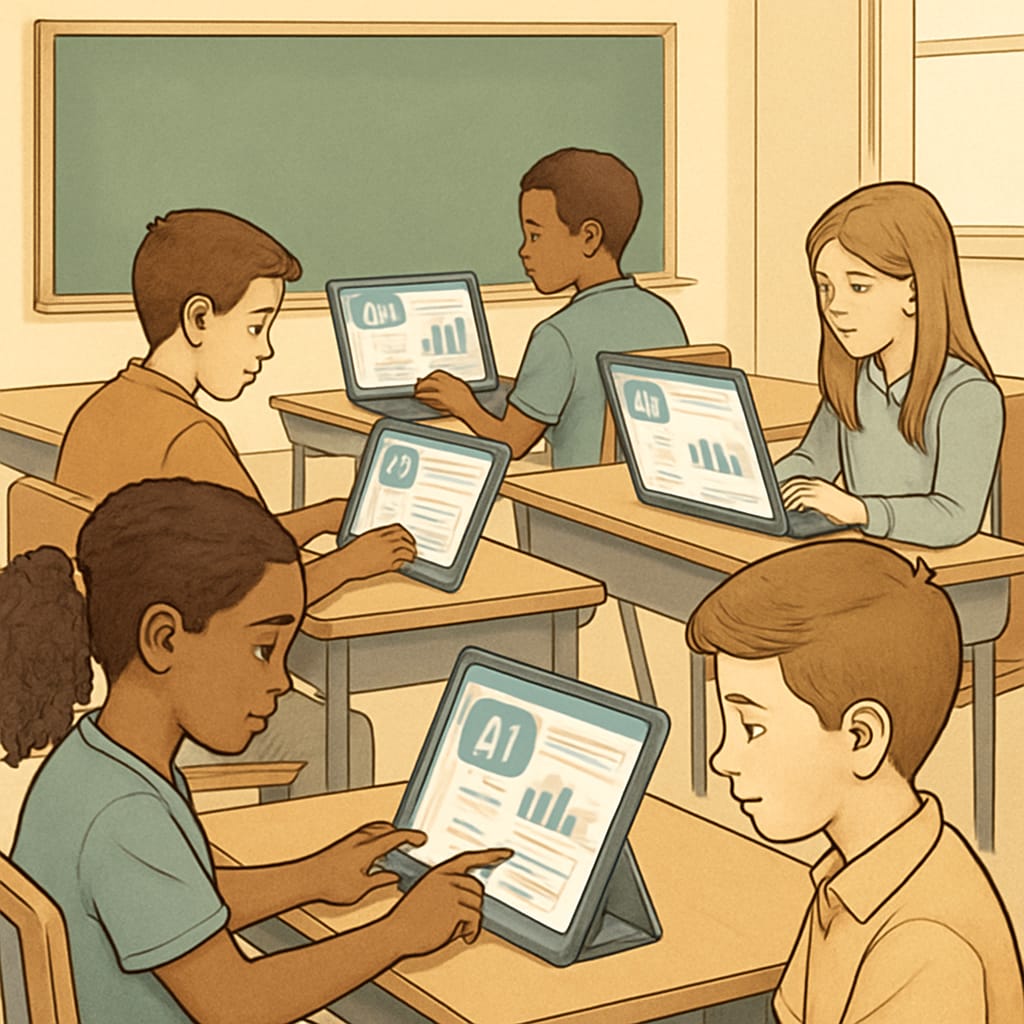Artificial intelligence (AI) is making rapid strides in various sectors, and its impact on education, especially within the K12 system, is poised to be transformative. Over the next 5-10 years, AI has the potential to revolutionize the classroom experience, from personalized learning to redefining the role of teachers. However, as promising as these advancements are, they also bring challenges related to equity, accessibility, and ethical considerations.
Redefining Teaching Roles in the AI Era
One of the most significant impacts of AI in education is the evolving role of teachers. Rather than being sole knowledge providers, educators are increasingly becoming facilitators and mentors. AI-powered tools can handle routine tasks, such as grading assignments, tracking student progress, and even generating custom lesson plans tailored to individual needs. This allows teachers to focus more on creative and emotional aspects of education, fostering critical thinking and social skills among students.

For example, AI algorithms can identify gaps in student understanding and recommend targeted interventions. As a result, teachers can address each student’s unique challenges, empowering them to achieve their full potential. While these tools amplify teaching efficiency, educators must adapt to their new roles and receive proper training to maximize the benefits AI offers.
Personalized Learning: Moving Beyond One-Size-Fits-All
Personalized learning has long been a goal in education, but traditional methods often struggle to meet individual needs. AI makes this vision attainable by analyzing vast amounts of student data to create adaptive learning pathways. These pathways adjust content, pacing, and teaching methods based on each learner’s strengths, weaknesses, and preferences.
For instance, platforms like Khan Academy and adaptive learning software are already utilizing AI to tailor educational experiences. In the future, we could see AI tutors that simulate one-on-one teaching, providing an unparalleled level of customization that was previously impossible in large classrooms.

Addressing Equity and Accessibility Challenges
While AI holds great promise for education, it also raises concerns about equity and accessibility. Not all schools have the resources to implement advanced AI tools, potentially widening the educational gap between well-funded and underfunded institutions. Additionally, reliance on AI could inadvertently reinforce biases present in training datasets, leading to fairness issues.
To ensure equitable access to AI-driven education, policymakers and educators must prioritize affordability and inclusivity. Initiatives like education reform and collaborations with tech companies can help bridge the gap, making cutting-edge technology available to underserved communities. Furthermore, ethical oversight is crucial to mitigate biases and ensure AI systems are used responsibly.
Key takeaways:
- AI enables personalized learning, allowing students to progress at their own pace.
- Teachers must adapt to new roles as facilitators and mentors, supported by AI tools.
- Equity and accessibility challenges need to be addressed to avoid widening educational disparities.
As AI continues to evolve, the future of K12 education is filled with possibilities. However, these advancements will only succeed if paired with thoughtful implementation, ethical considerations, and a commitment to ensuring that all students benefit from this transformative technology.
Readability guidance: This article uses concise paragraphs and lists to summarize key points. It incorporates transitions like “for example” and “as a result” to improve flow, while limiting passive voice and overly long sentences.


